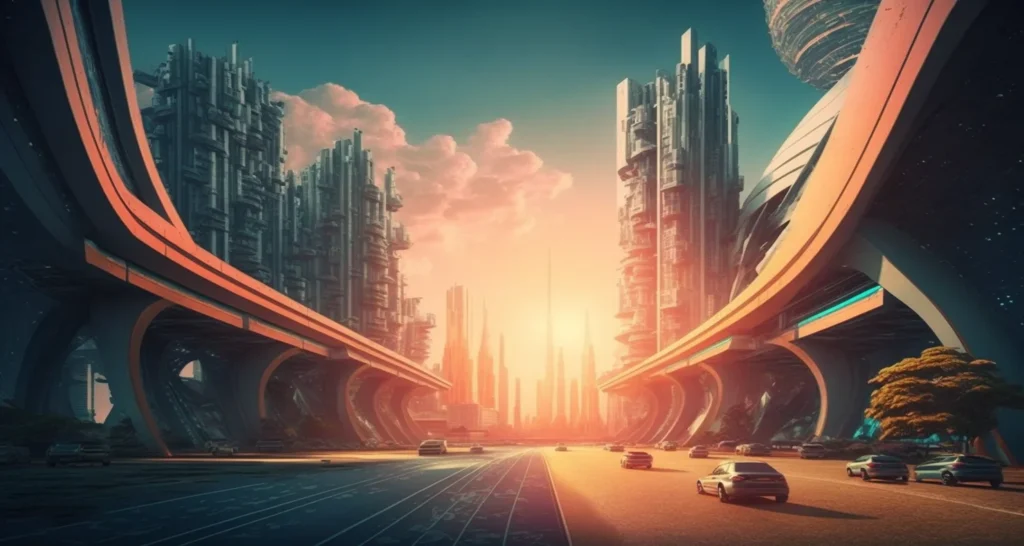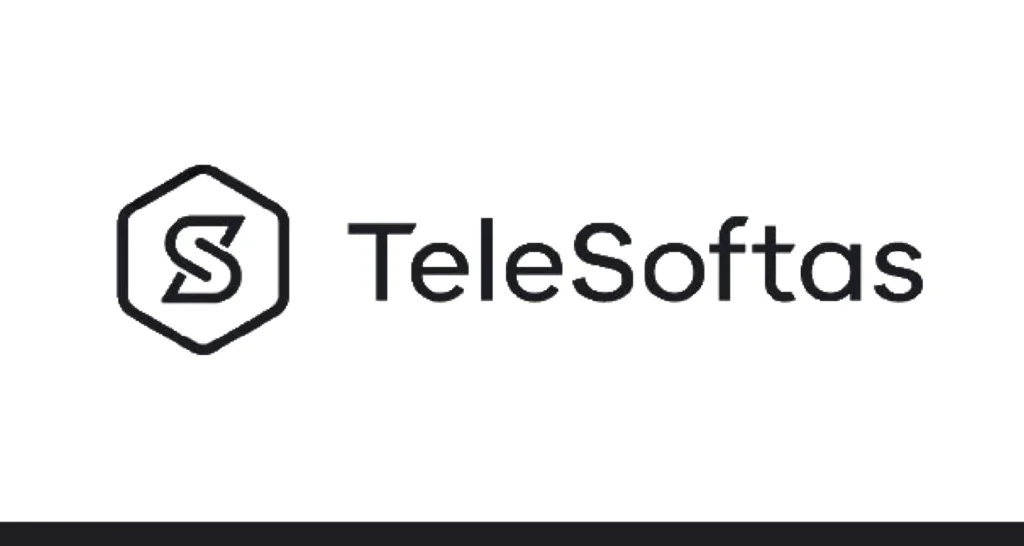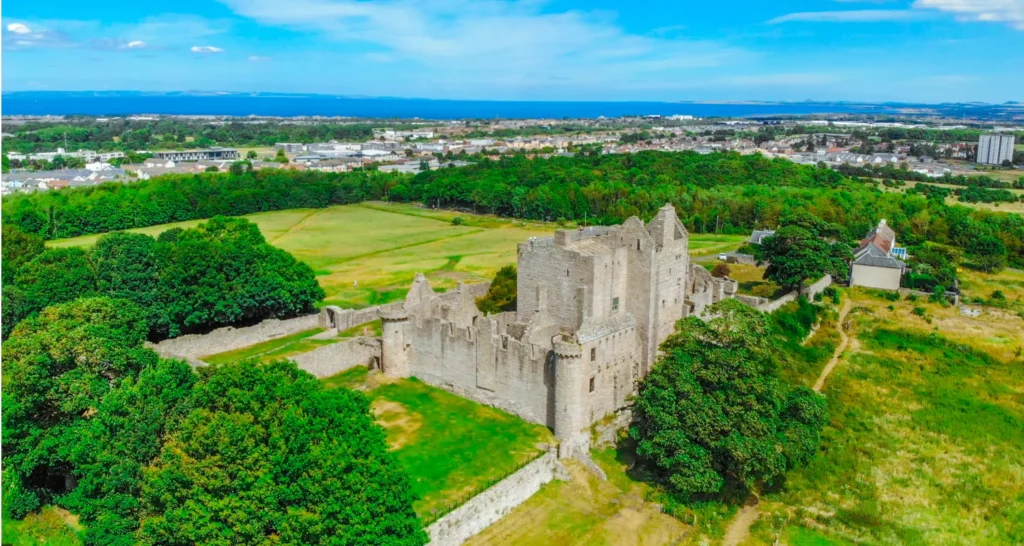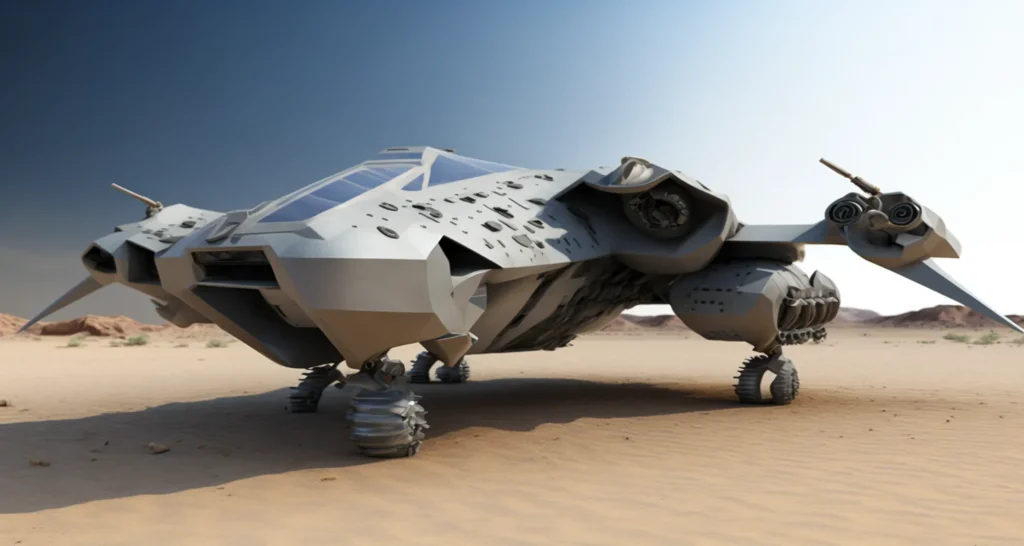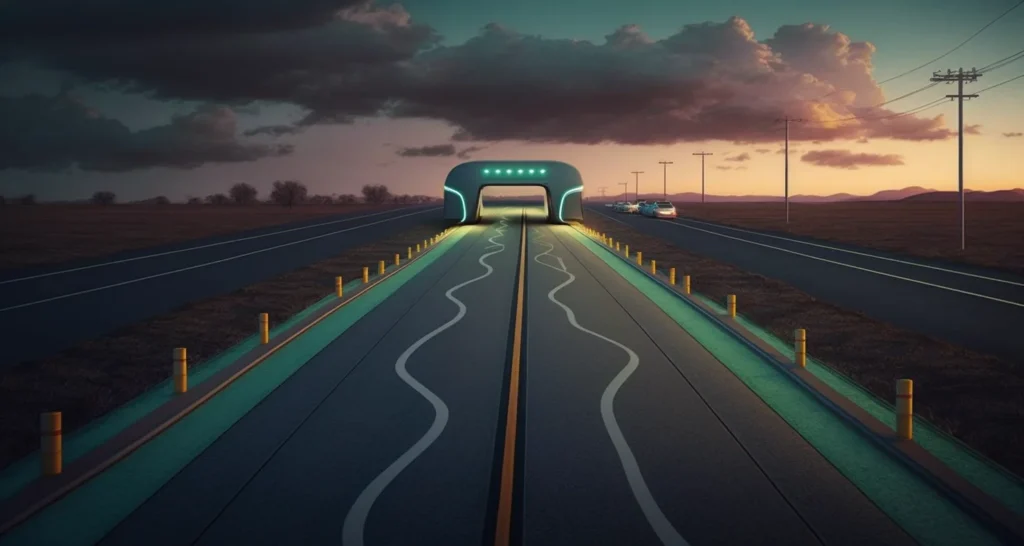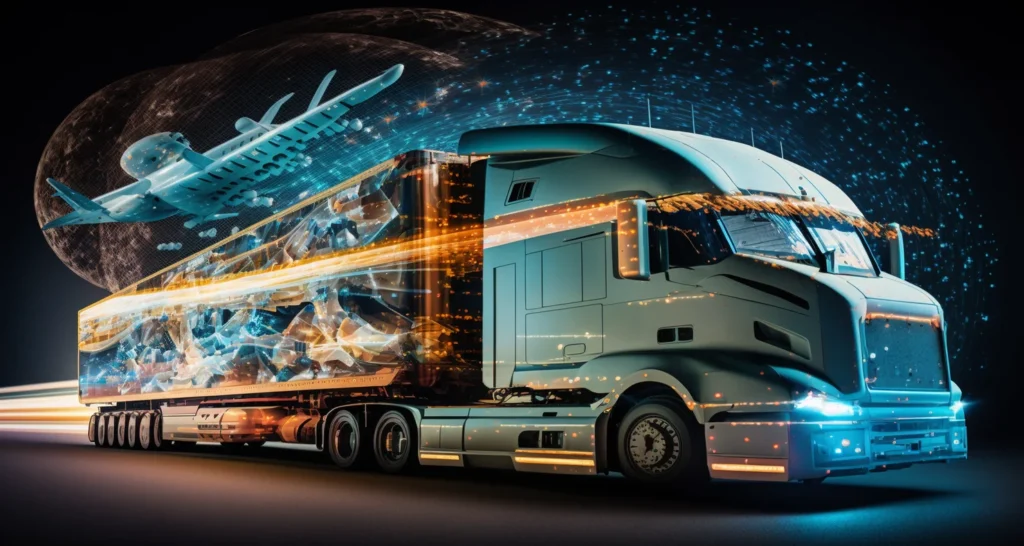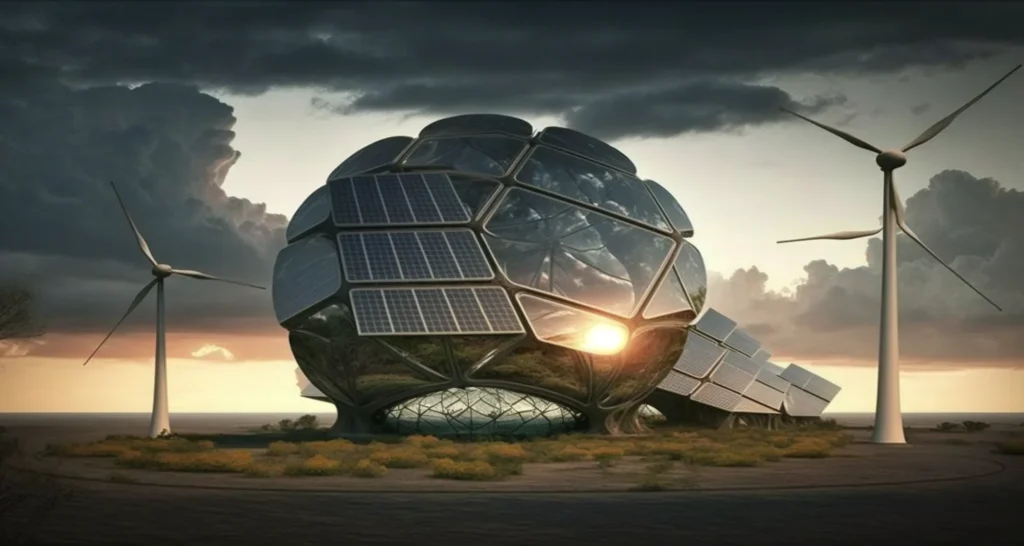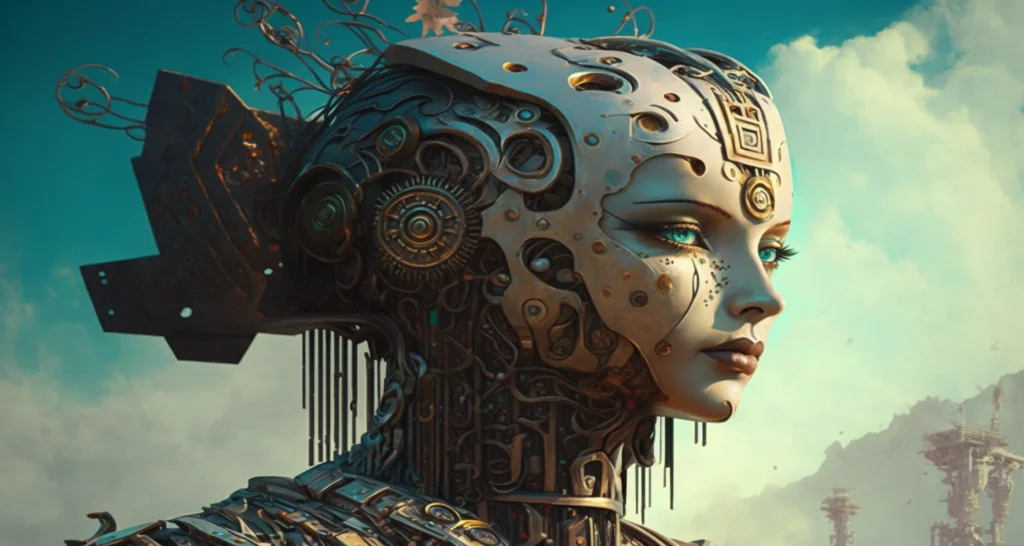Deloitte’s Smart Cities of the Future from vision to reality
A 360-degree smart city looks across every aspect of a city’s operations and uses technology to improve outcomes. The digital infrastructure of a smart city sets the stage for a network of partnerships all focused on one goal: Creating a smarter city. The result? An urban center that not only leverages technology to improve its own operations but connects with citizens, businesses, and nonprofits in new ways.
The path toward the possible
Futurists have long envisioned smart cities of the future where residents and visitors thrive. Fine-tuned and seamlessly operated, these modern urban environments hum with advanced multi-modal transit systems, self-sustaining energy grids, clean and safe neighborhoods, integrated services, and meaningful amenities. While incremental progress has been made toward this bright future, cities and communities continue to face complex challenges, including infrastructure upkeep, population growth and migration, and sustainability issues.
From schools to businesses and transportation to energy, a holistic vision helps bring solutions to every aspect of urban life. Working together, new ideas and new technologies can be brought to bear in concrete ways that enhance the lives of citizens and create a brighter future.
Three key differentiators of a smart city
Quality of life
A positive quality of life involves enhancing every aspect of the daily existence of citizens. From safe streets to green spaces, from a reasonable commute to access to art and culture, a smart city creates an environment that promotes the best of urban living and minimizes the hassles of city life. Smart cities are ultimately great places to live.
Economic competitiveness
Cities have long been important centers of trade and commerce, leveraging the proximity of so many diverse citizens to help drive an innovative economy. A smart city is a business-friendly city, ensuring that jobs and tax revenue form a healthy economic platform.
Sustainability
A smart city ensures that economic growth and quality of life are promoted not just in the short term, but for future generations as well. Being a good steward of the environment and promoting sustainable consumption of natural resources is part of the overall smart city vision.
Advances in technology are reshaping our economy and society
Smart cities exist at the intersection of digital technology, disruptive innovation, and urban environments. They are an exciting place to work and live and the breeding ground for new ideas.
The world is facing increasing urbanization while, simultaneously, major cities have become a magnet for talent and a driver of economic growth. At the same time, cities are experiencing persistent societal challenges: unemployment and crime demand solutions, the need for energy efficiency is becoming urgent, the increasing population puts higher pressure on the urban infrastructure and public authorities need to do more with less permanently.
Technology has been incorporated by cities for many years. However, the pace at which this adoption takes place is increasing rapidly as disruptive digital technologies have the potential to solve major metropolitan challenges. As a consequence, urban areas transform into ‘smart cities. In this transformation, disruptive technology is only one of the drivers. The second ingredient of smart cities is data, the lifeblood of smart solutions. The challenge is to use the power of data to create smart solutions that address the real needs of city users and are perceived as meaningful by them. Their intuitive design causes them to be adopted naturally, resulting in changes of behavior that are lasting. In the end, smart solutions are all about human behavior. Finally, the third cornerstone of smart cities is smart people. Focus on employability and winning the ‘war on talent’ is vital for sustainable economic growth.
This transformation from a traditional city to a ‘smart city’ does not just happen. Success depends on the quality of the decisions that are made and the way these decisions are executed. What is needed to be successful? What are the “do’s” and “don’ts” and what can be learned from cities that are early adopters? This report provides a joint point of view of Deloitte and the City of Amsterdam on this important theme that will shape the next decade.
This report is intended to be a living document. New releases of this report will be issued frequently to reflect advances in technology and new examples of smart solutions.
Six main tracks touching on the most pressing issues, which cities are facing based on Deloitte analysis:
- Adapting urban mobility to safe and sustainable travel
- Technologies to address global urban challenges
- Redesigning cities and urban living for all
- Ensuring an inclusive economic recovery
- Resilient infrastructures and urban environments to build back better
- The future of retail in a digital era
During this year’s event, we showcased CitySynergy™, the integrated city operating system solution.


